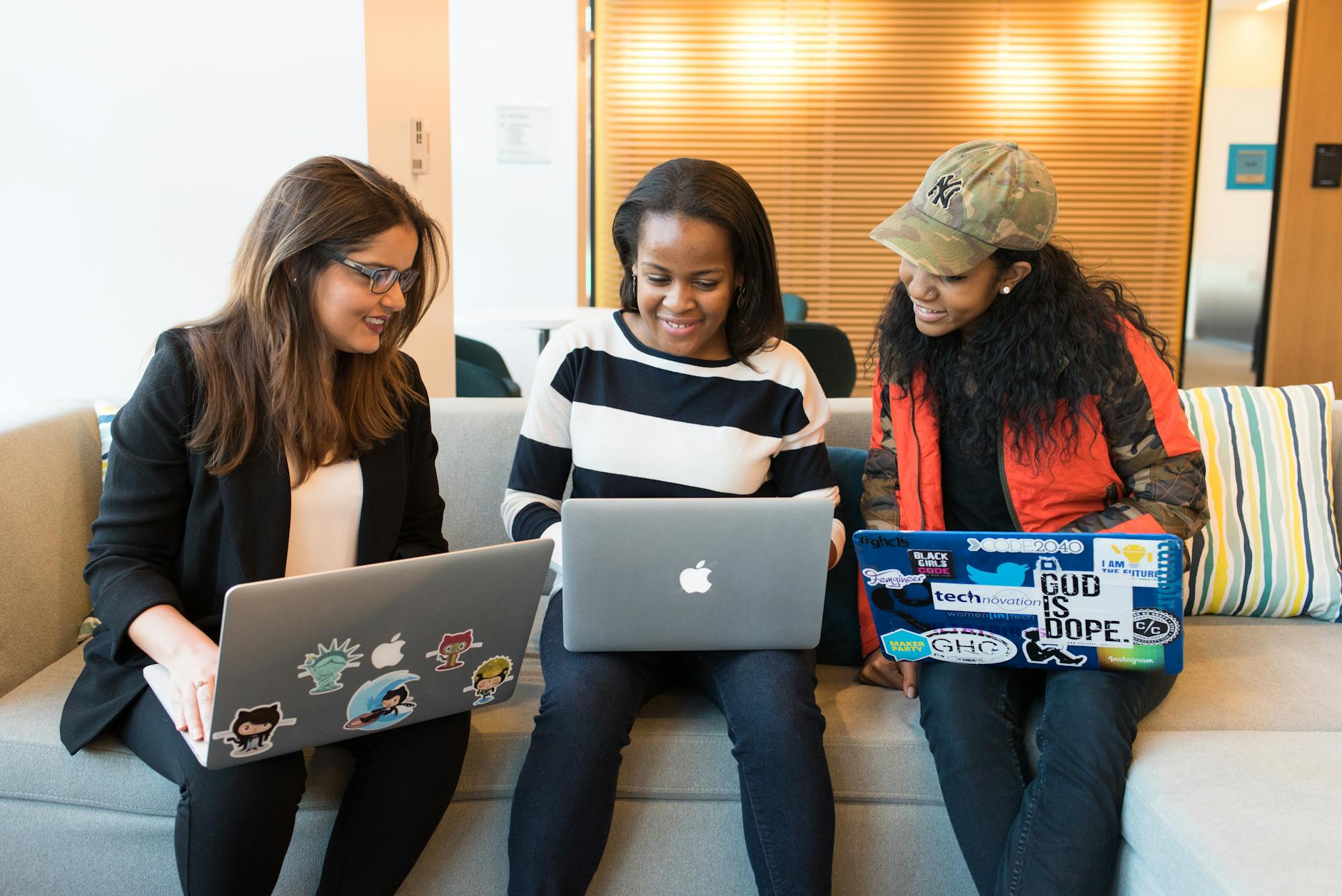
A new paper titled “Love and the Distance: The Role of Presence in Online Learning” explores the impact of online learning on teacher and student presence in the context of holistic education, which emphasizes love, care, and interconnectedness. The COVID-19 pandemic prompted a shift to online teaching and learning, raising concerns about maintaining this sense of presence in virtual classrooms.
The study involved interviews with four post-secondary educators, focusing on managing emotions and creating a positive online atmosphere. They emphasized the use of positive mental states and contemplative rituals to compensate for the lack of physical presence. Instead of redefining the concept of presence, educators utilized online tools to maintain traditional notions of presence, such as requiring visible cameras.
The findings highlight the importance of managing affective associations and building community cohesion to foster a sense of social presence in online environments. Challenges include balancing control with allowing personal agency, managing visibility and participation, and adapting to the lack of physical cues in online settings.
The paper concludes that further research is needed to understand how holistic educators’ exposure to online technologies may impact contemplative ideas of presence. It suggests that existing technologies must be adapted to incorporate elements of holistic education and extend the notion of presence to digital contexts.
The Eclectic Educator is a free resource for everyone passionate about education and creativity. If you enjoy the content and want to support the newsletter, consider becoming a paid subscriber. Your support helps keep the insights and inspiration coming!

